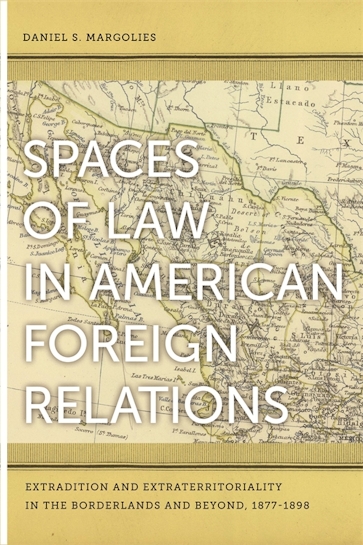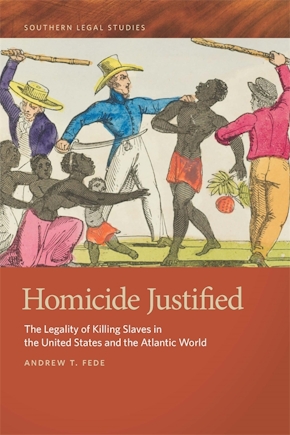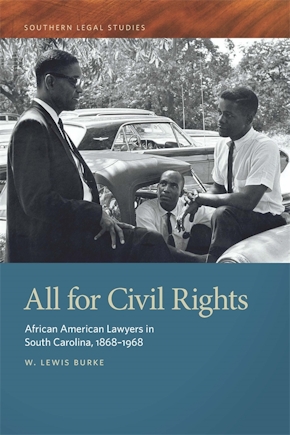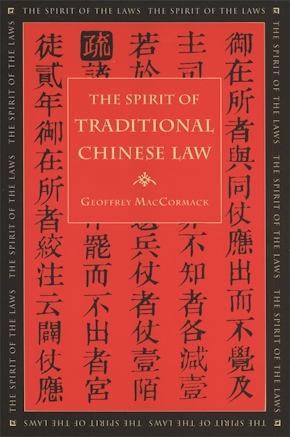Spaces of Law in American Foreign Relations
Extradition and Extraterritoriality in the Borderlands and Beyond, 1877-1898
Title Details
Pages: 428
Illustrations: 6 b&w photos
Trim size: 6.000in x 9.000in
Formats
Paperback
Pub Date: 06/01/2011
ISBN: 9-780-8203-3871-2
List Price: $36.95
Hardcover
Pub Date: 06/01/2011
ISBN: 9-780-8203-3092-1
List Price: $120.95
Spaces of Law in American Foreign Relations
Extradition and Extraterritoriality in the Borderlands and Beyond, 1877-1898
Skip to
- Description
- Reviews
In the late nineteenth century the United States oversaw a great increase in extraterritorial claims, boundary disputes, extradition controversies, and transborder abduction and interdiction. In this sweeping history of the underpinnings of American empire, Daniel S. Margolies offers a new frame of analysis for historians to understand how novel assertions of legal spatiality and extraterritoriality were deployed in U.S. foreign relations during an era of increased national ambitions and global connectedness.
Whether it was in the Mexican borderlands or in other hot spots around the globe, Margolies shows that American policy responded to disputes over jurisdiction by defining the space of law on the basis of a strident unilateralism. Especially significant and contested were extradition regimes and the exceptions carved within them. Extradition of fugitives reflected critical questions of sovereignty and the role of the state in foreign affair during the run-up to overseas empire in 1898.
Using extradition as a critical lens, Spaces of Law in American Foreign Relations examines the rich embeddedness of questions of sovereignty, territoriality, legal spatiality, and citizenship and shows that U.S. hegemonic power was constructed in significant part in the spaces of law, not simply through war or trade.
Spaces of Law in American Foreign Relations is the first book to address the legal aspects of late nineteenth-century U.S. foreign relations. It fills a clear historiographical void and, in so doing, not only significantly enhances our understanding of U.S. foreign relations for the years 1877–1898 but also provides insight into the legal bases for governing the empire acquired after 1898. Based on prodigious and highly impressive research, it will be of interest to historians of U.S. foreign relations, of American legal history, and of the Gilded Age.
—Joseph A. Fry, author of Dixie Looks Abroad: The South and U.S. Foreign Relations, 1789–1973
At a time when the 'transnational turn' dominates U.S. historiography, Spaces of Law in American Foreign Relations unearths a forgotten history and makes fresh interventions in several fields, including the legal history of U.S. foreign relations and Mexican borderlands history. Theoretically sophisticated yet written in an accessible style, this is an ambitious and exciting book that links the local and the global, and connects the state and everyday life. Margolies provides a bold new account of law and power at the U.S. border in the nineteenth century.
—Christopher Capozzola, author of Uncle Sam Wants You: World War I and the Making of the Modern American Citizen
This book's analysis on legal spatiality and territoriality and its explanation on how to conceptualize extradition in terms of foreign policy, governance, and borderlands are significant contributions to the history of American foreign relations and to U.S. legal history.
—American Historical Review
Spaces of Law is an important contribution to the scholarship on state violence and American state-building . . .This is an enthralling investigation of the sovereign exception in the making of American foreign policy practices.
—John McKiernan-Gonzalez, Southwestern Historical Quarterly
Margolie’s interpretation of cross-border raids, the legal status of anarchists as apolitical criminals undeserving of extradition exemptions, and the pride and hubris of treaty-making come through in lively narratives and offer considerable insight. Readers with an interest in critical theories of law, space, and the histories of the borderlands as a test site for U.S. empire will gain much.
—Ethan Blue, Ethan Blue, Journal of Southern History



